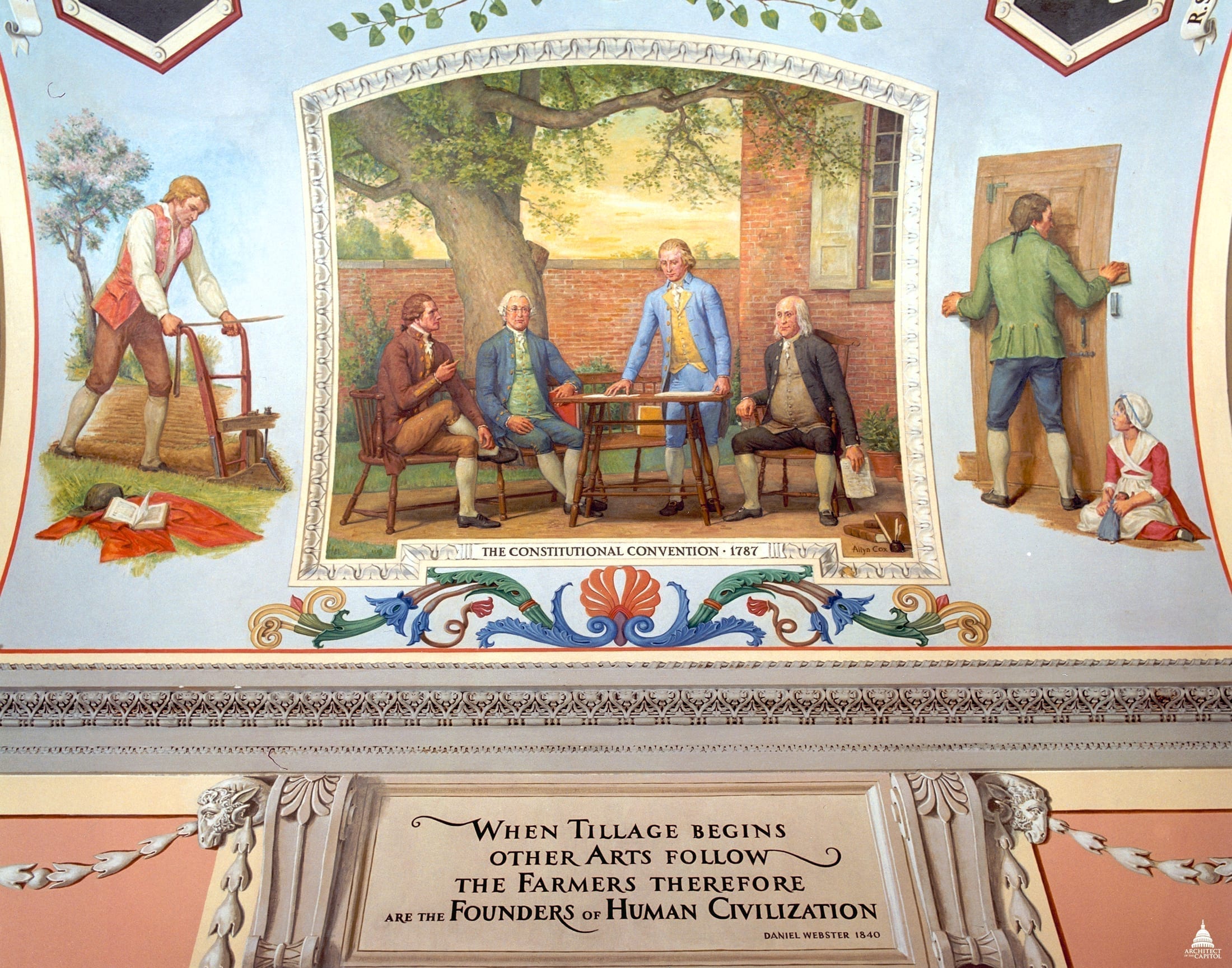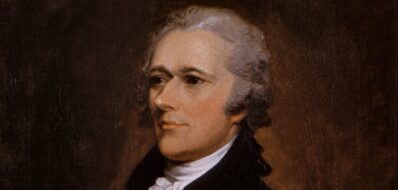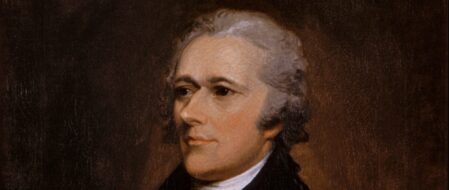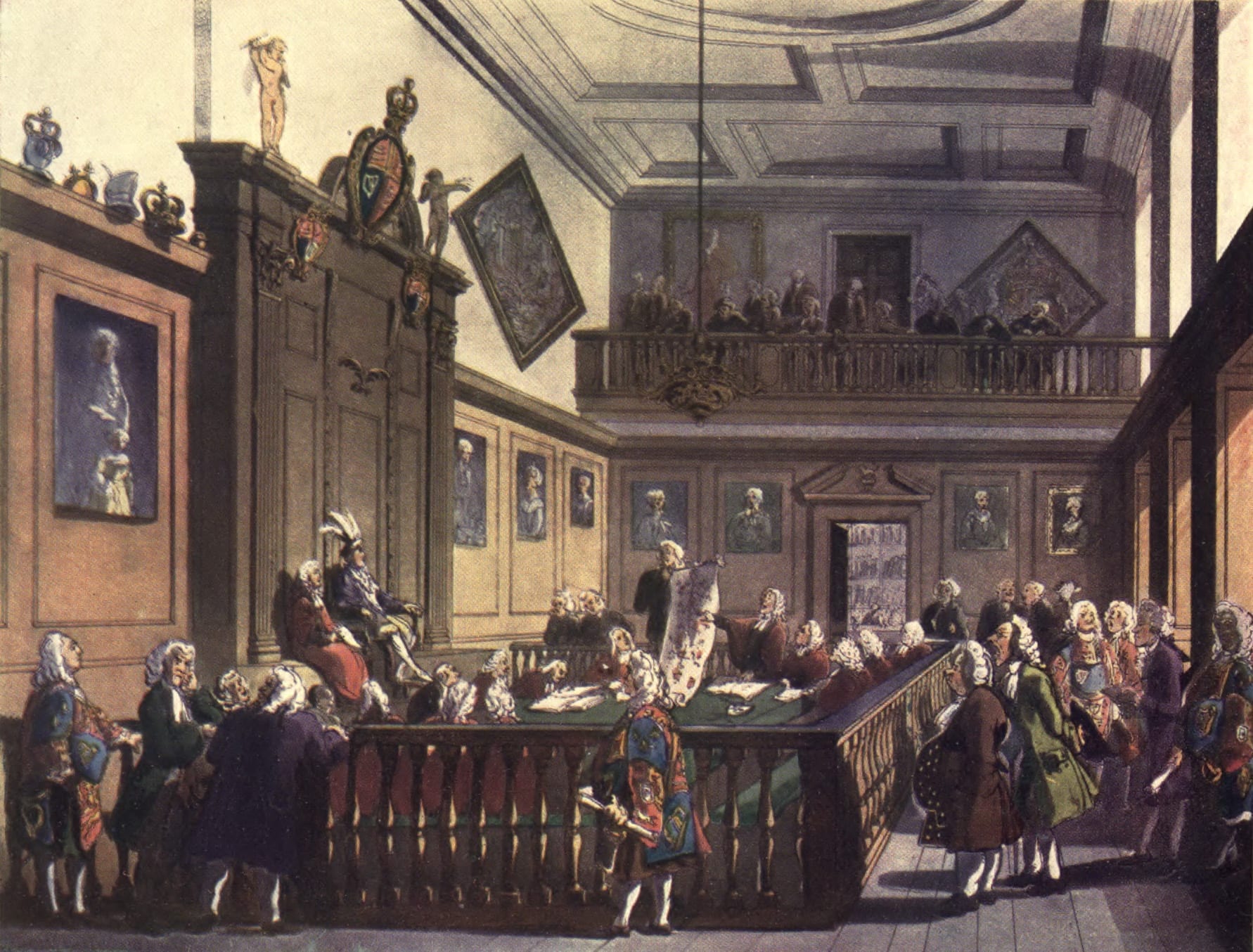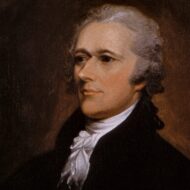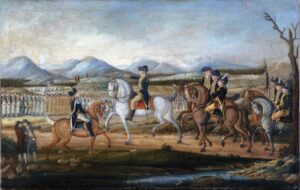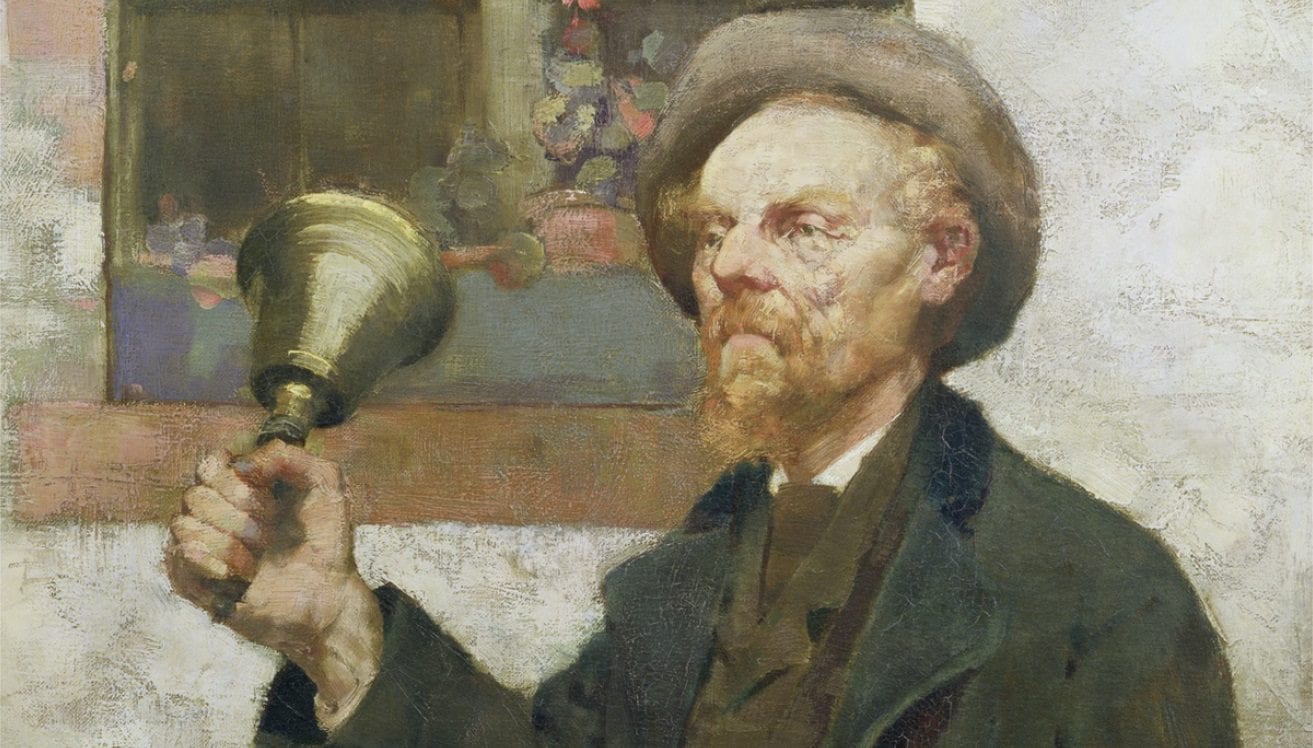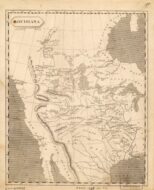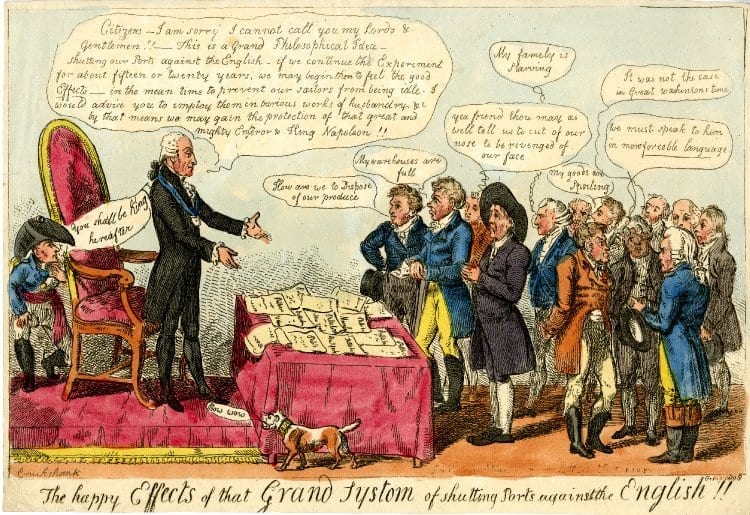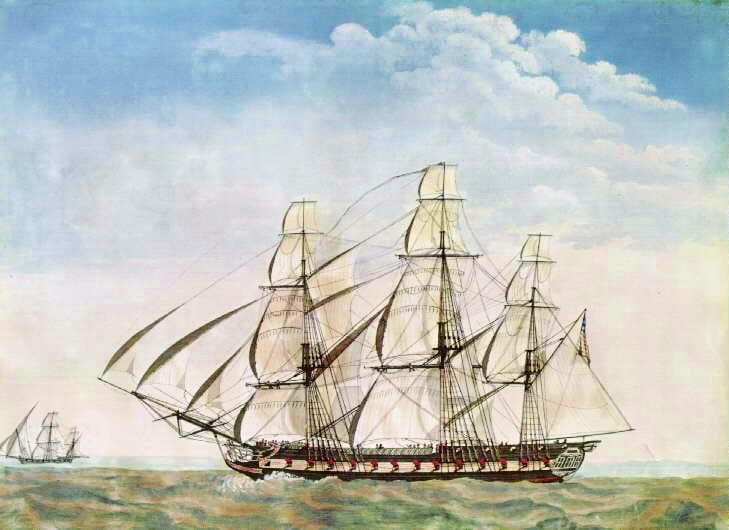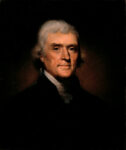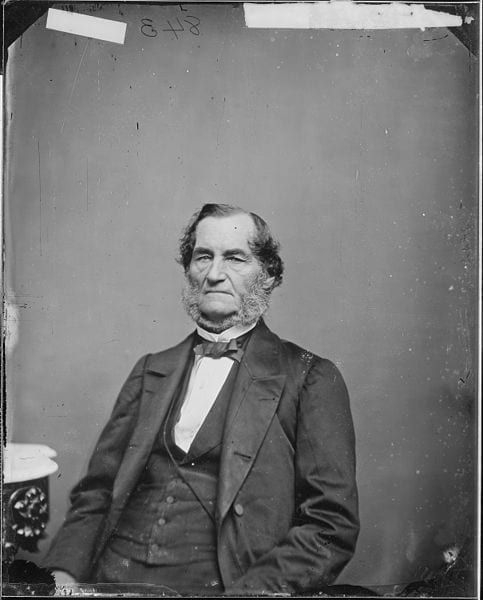As almost every part of our knowledge involves some questions, which are beyond the reach of our powers, the great practical wisdom of the philosopher consists in directing his inquiries to their proper objects.
The schoolmen discovered perhaps as much acuteness and ingenuity, as any other class of writers. But the powers of their minds were wasted, and dissipated, upon subtle and unintelligible questions, which are now, almost universally, considered as beyond the comprehension of the human intellect.
They were equally mistaken about the proper mode of philosophizing. These ingenious men, supposing that they could discover the mysteries of nature by abstract speculation and syllogistic reasoning, disdained to submit to the labour of collecting facts, by observation and experiment.
In opposition to these erroneous views about the nature and object of our investigations, Bacon and Newton introduced a more rational philosophy. They clearly understood that the only proper business of the student of nature, is to observe its phenomena, and to ascertain its general laws.
In the same manner, the illustrious reformers, abandoning the jargon, and sophistry, of the middle ages, poured a pure and salutary light, into the most parts of morals and theology. These were the Christian heroes and genuine philosophers, who regenerated Europe by the simple exhibition of divine truth.
Metaphysics, consisting for the most part of useless speculations or unfounded theories, had fallen into some degree of discredit, when the incomparable Dr. Reid established it firmly upon the principles of common sense, and sound reasoning.
Notwithstanding these noble examples, many still discover a strong propensity to form theories, and to engage in speculations beyond the reach of the human powers. When this spirit extends itself to religious subjects, it becomes exceedingly dangerous. An inquirer of this description, is soon dissatisfied with the simplicity of revealed truth. Hence we are presented with a number of novel, and unscriptual theories, about the universal system—about the foundation and nature of virtue—about the powers of moral agents$#151about the essence of holiness and sin; and many others.
These remarks are sufficient to show the duty, an the wisdom, of adhering to the simple truth, as it is revealed in the word of God; of suspecting, nay of rejecting, without hesitation, every system of theology, the first principles of which, instead of resting on the infallible truth of God, have no other support than some doubtful, or demonstrably erroneous, metaphysical arguments.
True philosophy is always favourable to Christianity, and to the genuine doctrines of Christianity. It has a tendency to repress that arrogant and impious boldness, which would lead us to doubt or reject every thing which we cannot fully comprehend. It disarms the infidel and the sceptic of those weapons, which to ignorance appeared so formidable. It shows that clearest dictates of reason, and the soberest conclusions drawn from our observation of the works and providence of God, are perfectly accordant with the dictates of inspiration. But that which has most commonly usurped the name and the honours of philosophy, has obscured and perverted the plain and simple truths of the gospel.










